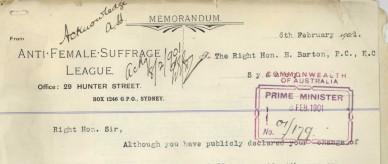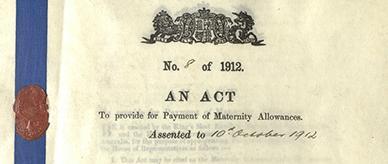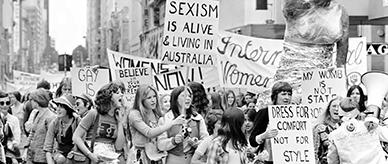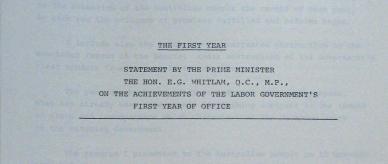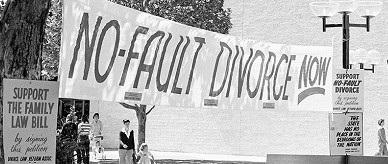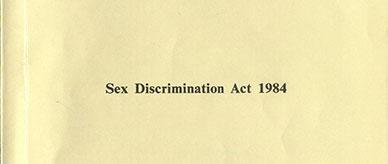In 1902 Australia became the first country in the world to grant women of European heritage full suffrage – the right to vote and to stand for election.
Despite this progress, discrimination against women remained commonplace.
For example:
- women did not receive equal pay with men for the same work
- many women were forced to resign from work when they married
- women were unable to easily access contraception that would allow them to choose when (and if) they had children.
In the 1970s, changing social attitudes and the election of the Whitlam Government led to significant advances in women’s rights.
Throughout the twentieth century, Prime Ministers have played an important role – directly and indirectly – in shaping women’s participation in democracy, citizenship and the workforce.
Curriculum areas
- Year 11 History
- Year 12 History
- Year 6 History
Questions
- What were women’s experiences of democracy and citizenship before 1965?
- How did attitudes to women change over the 20th century?
- What was the role of Prime Ministers in women’s rights issues?


